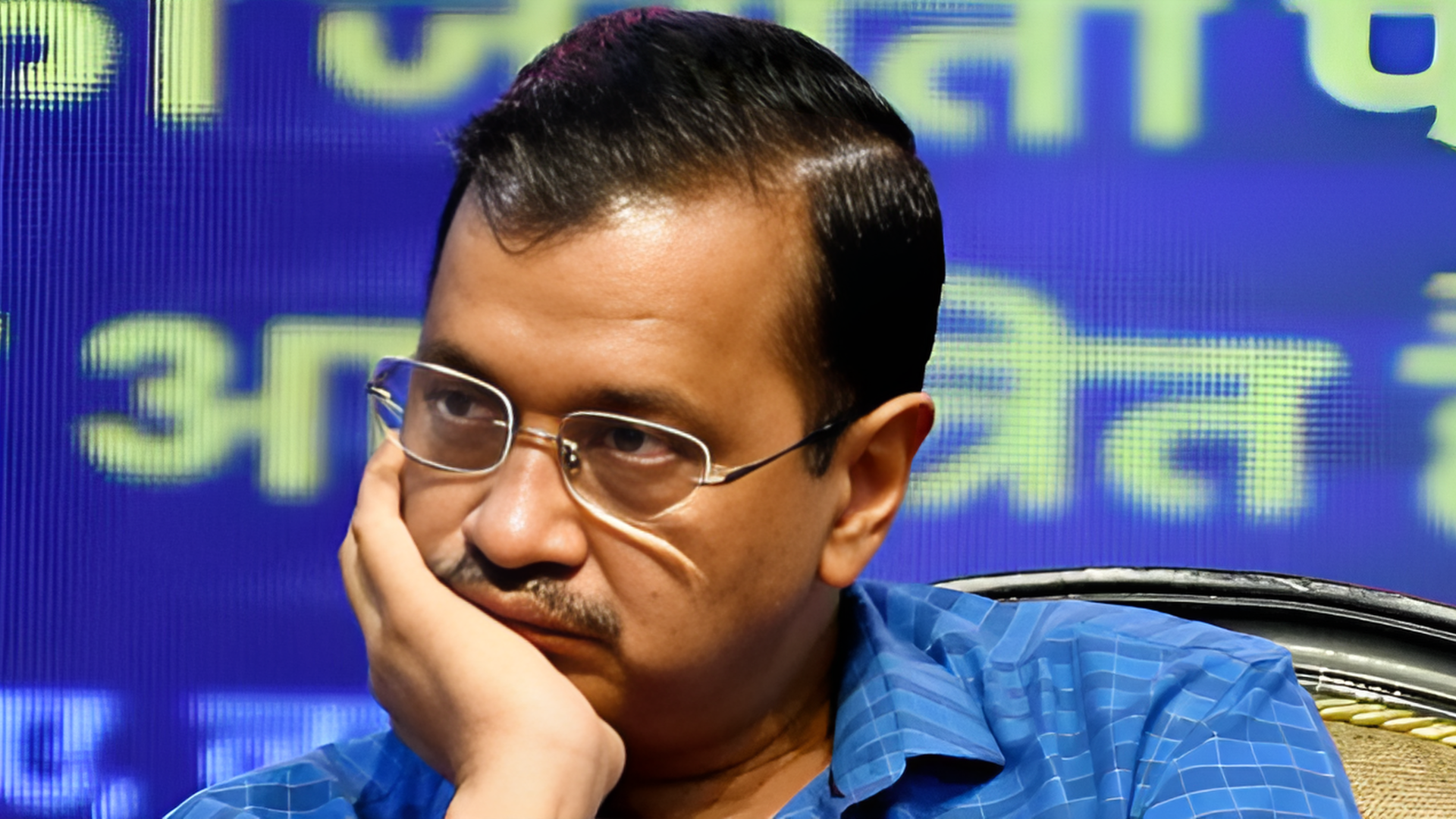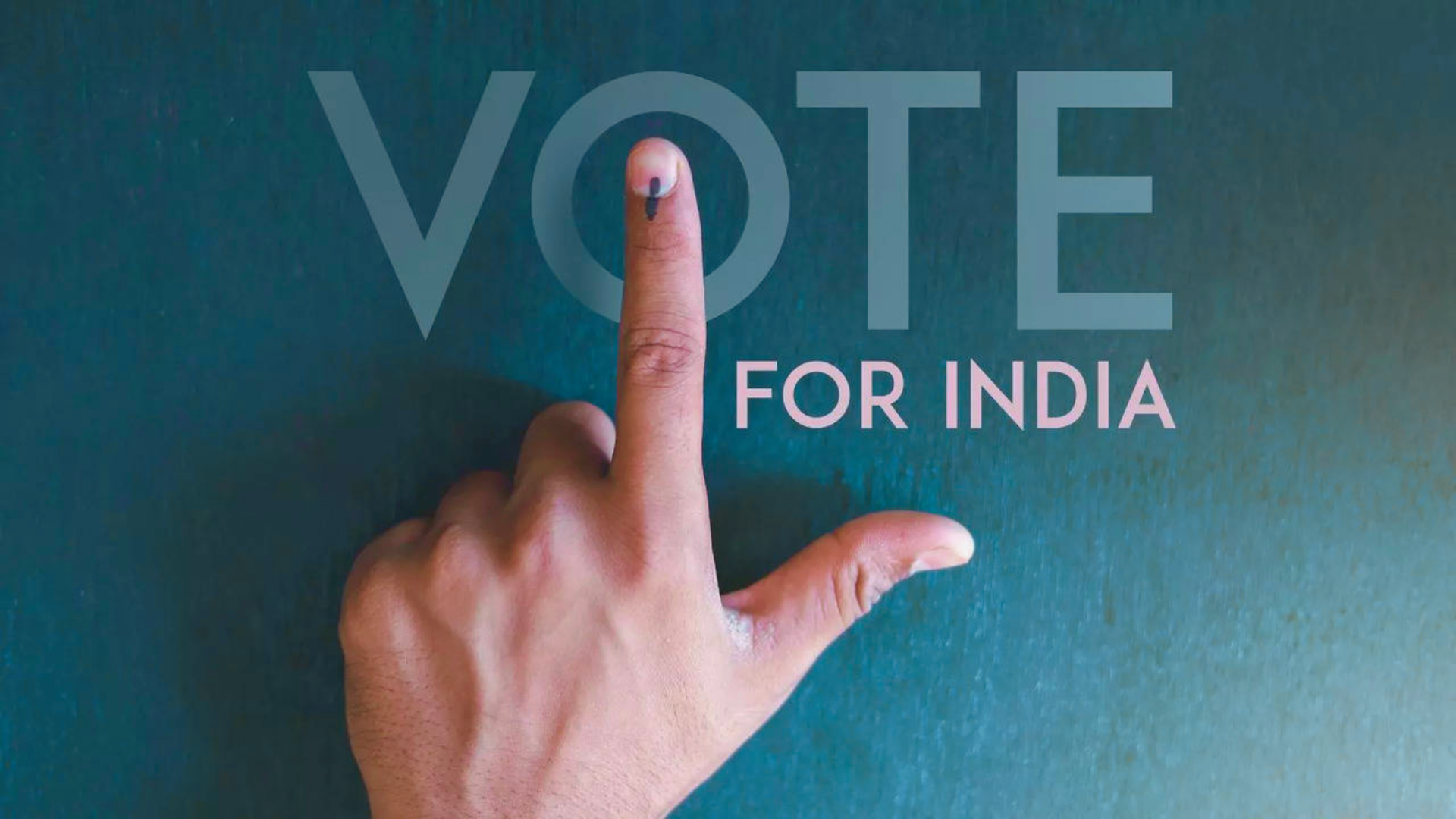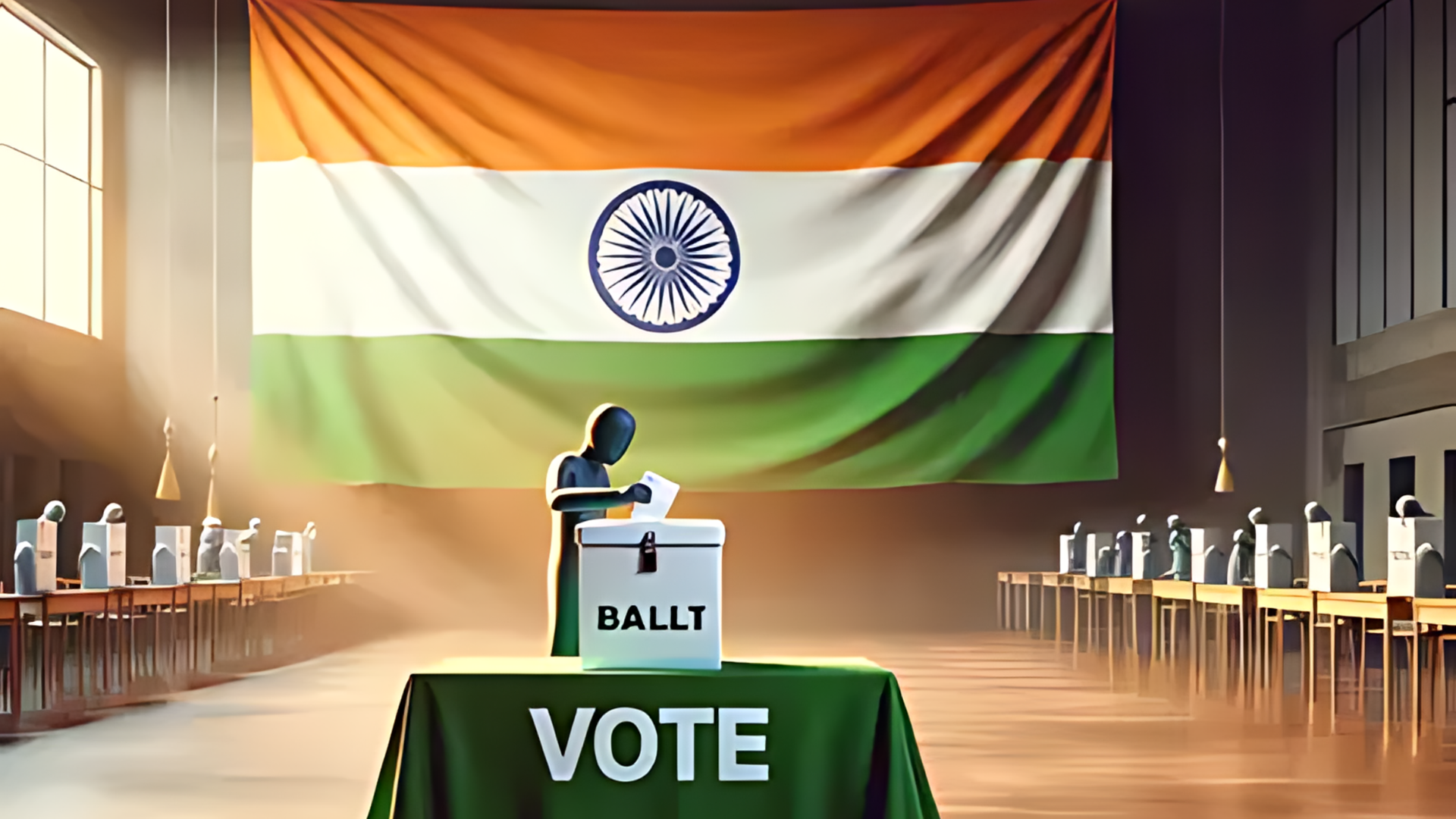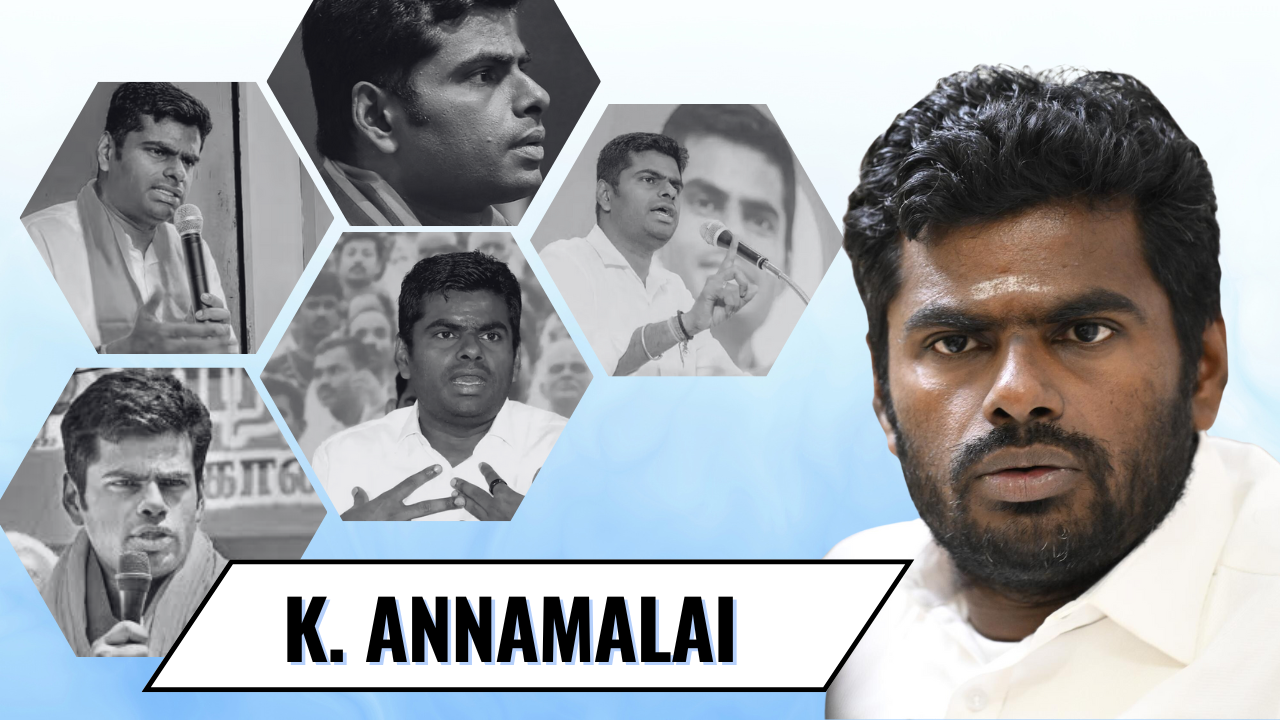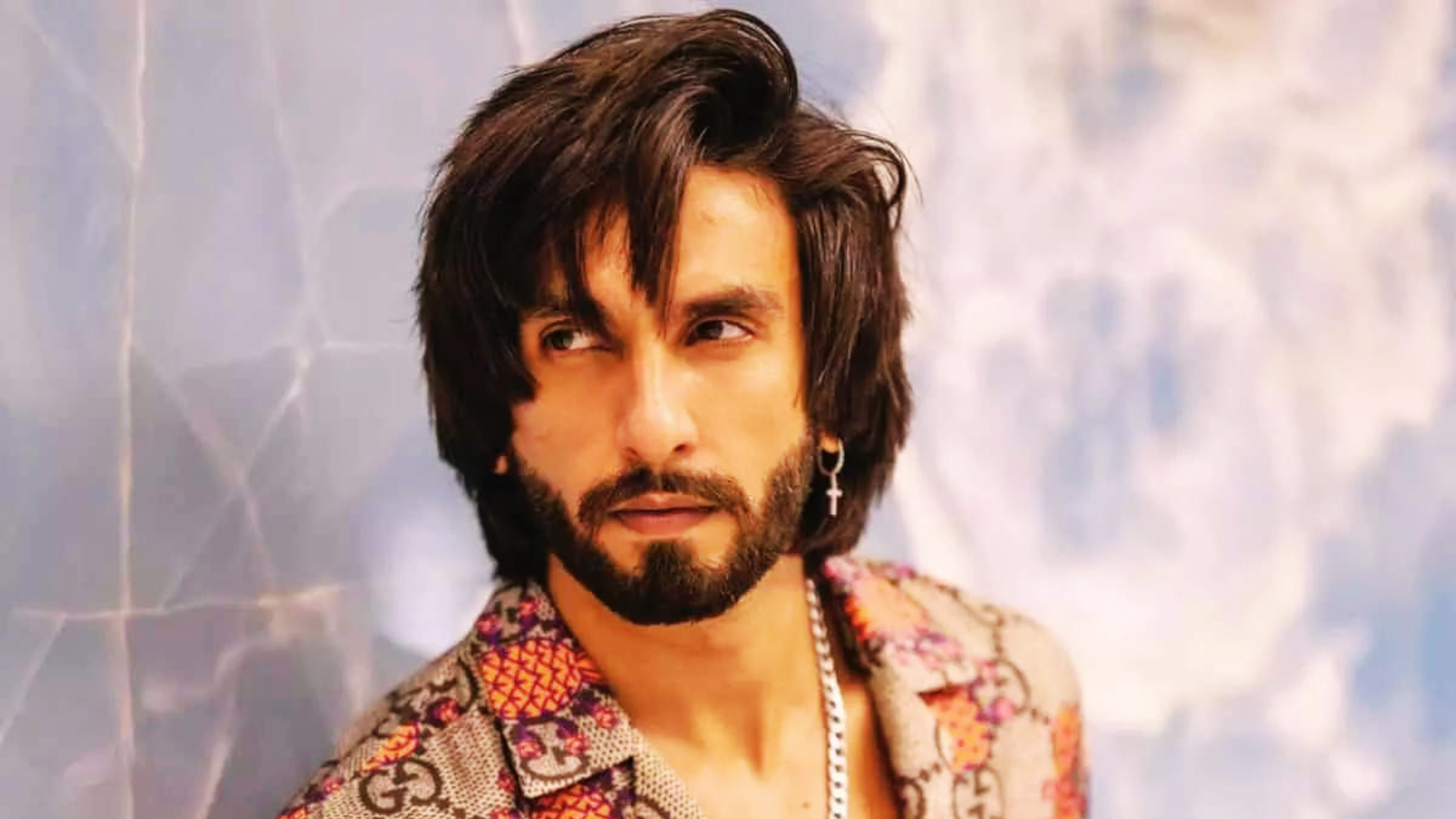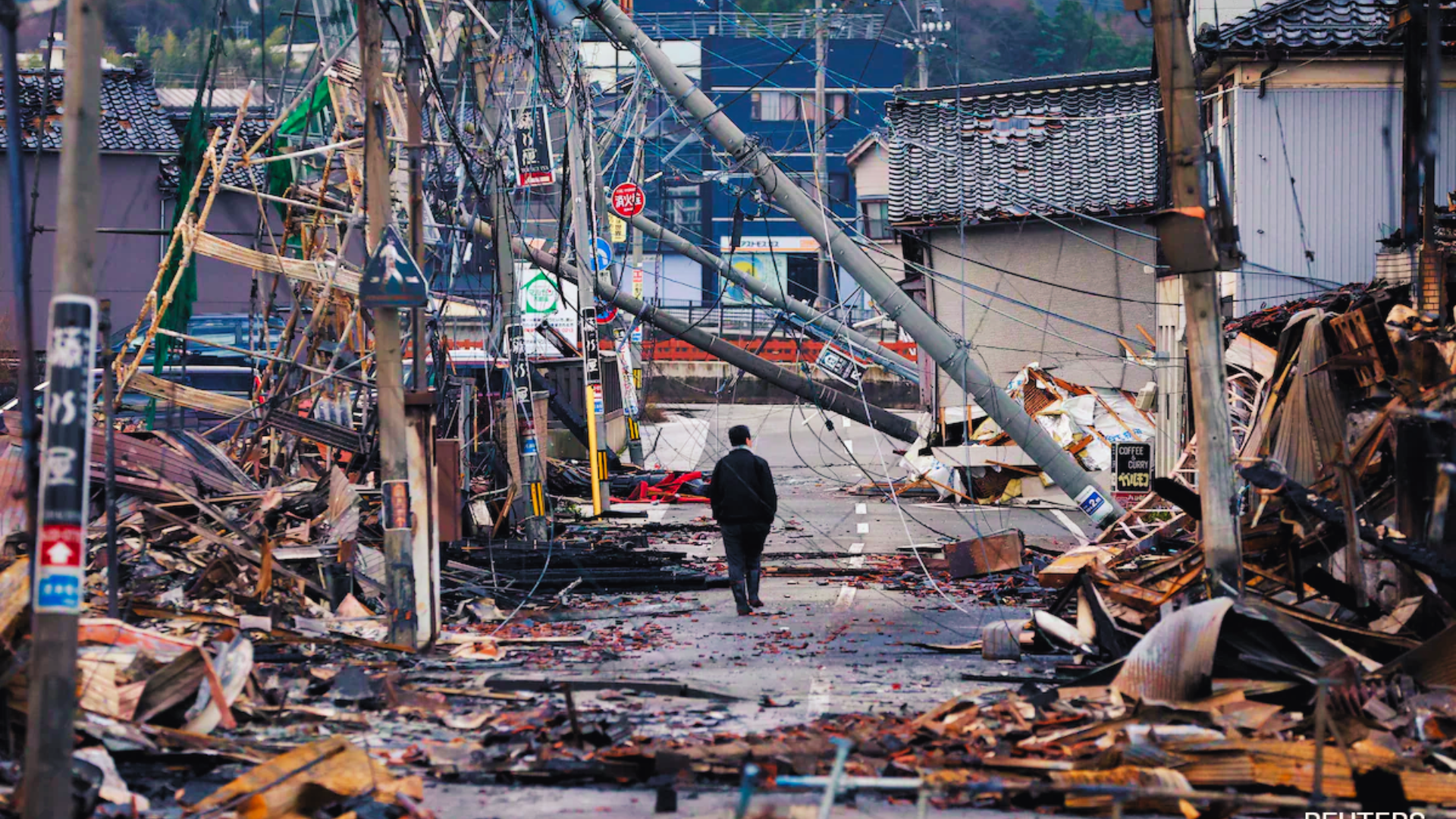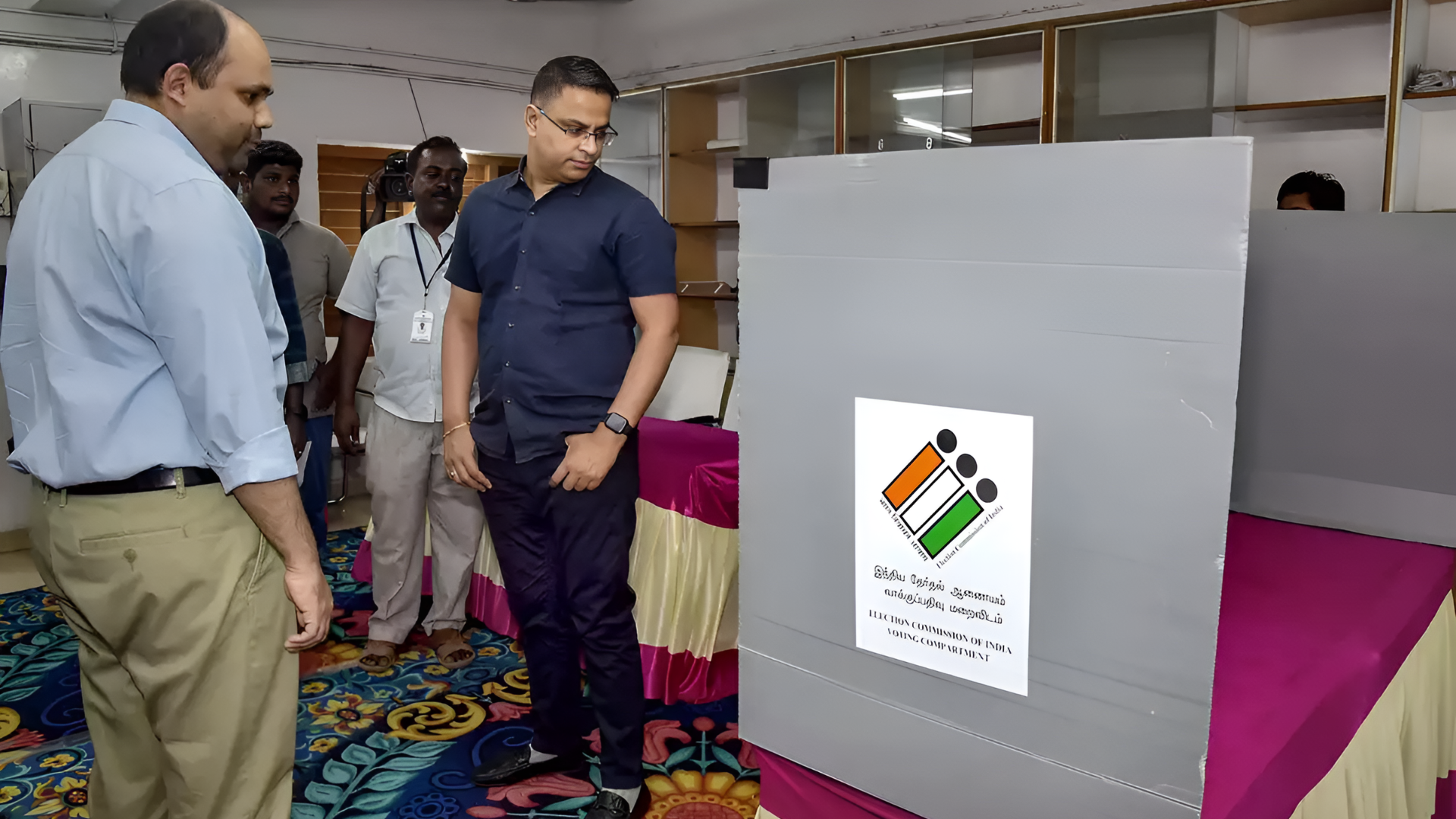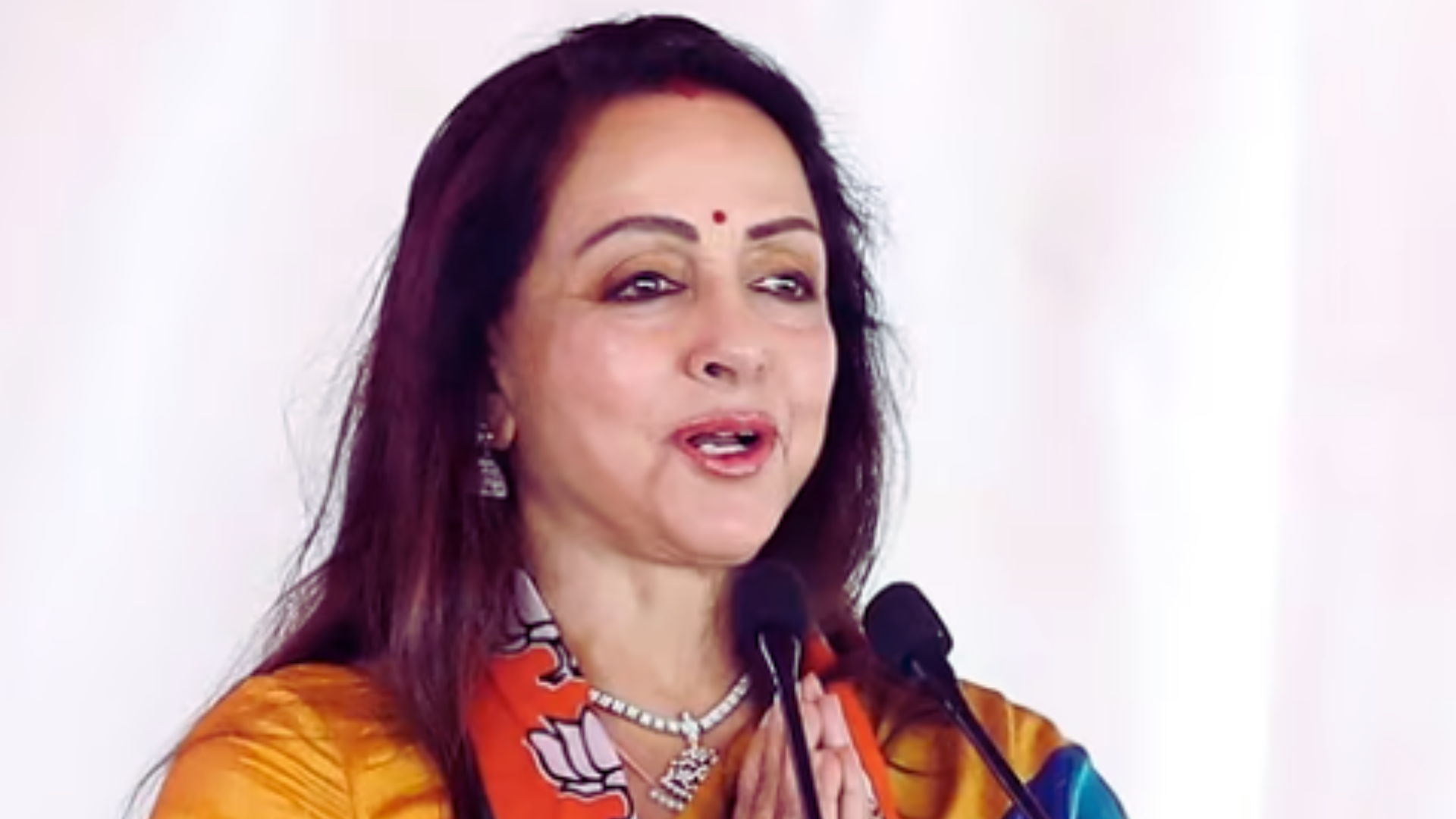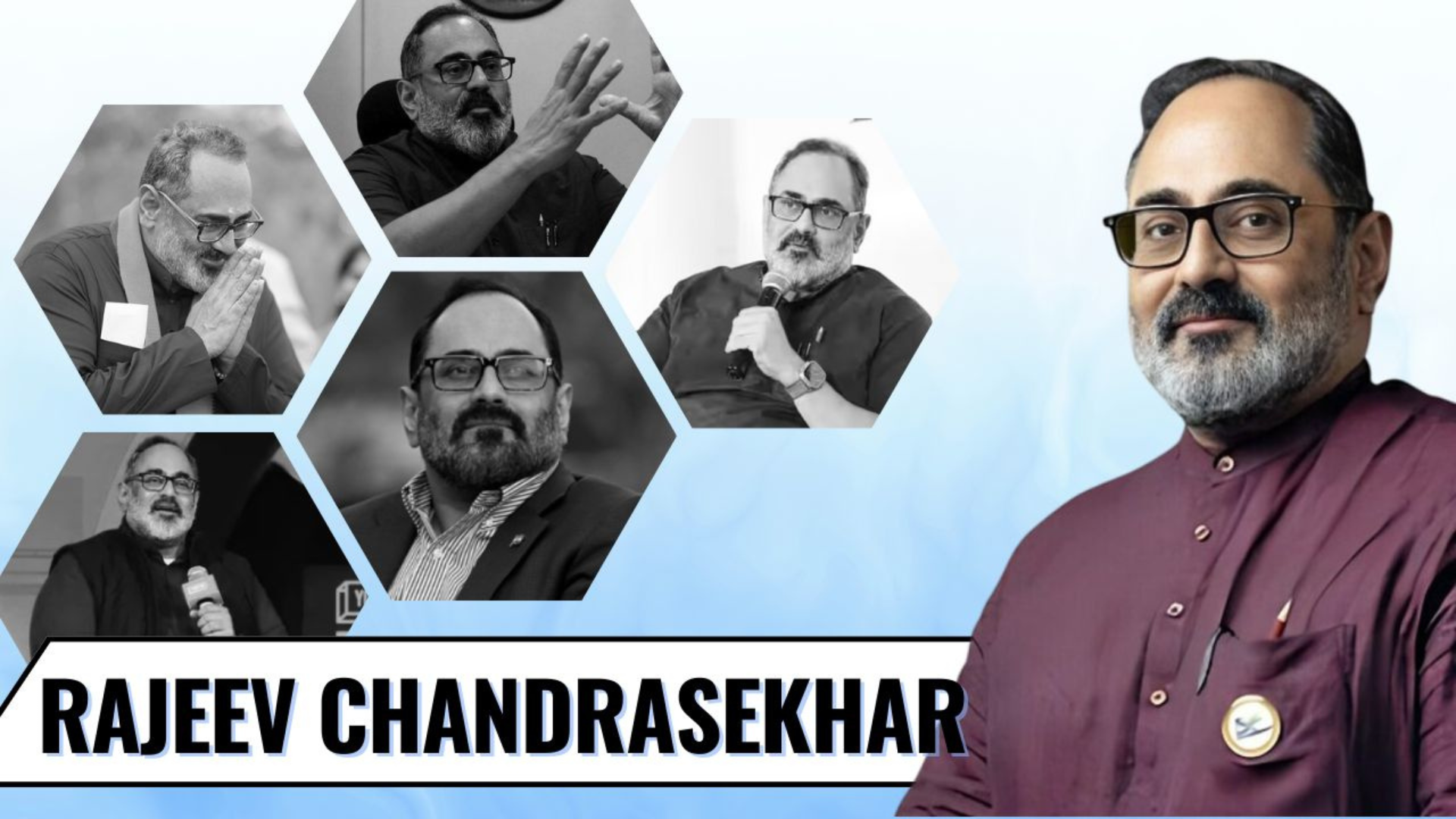


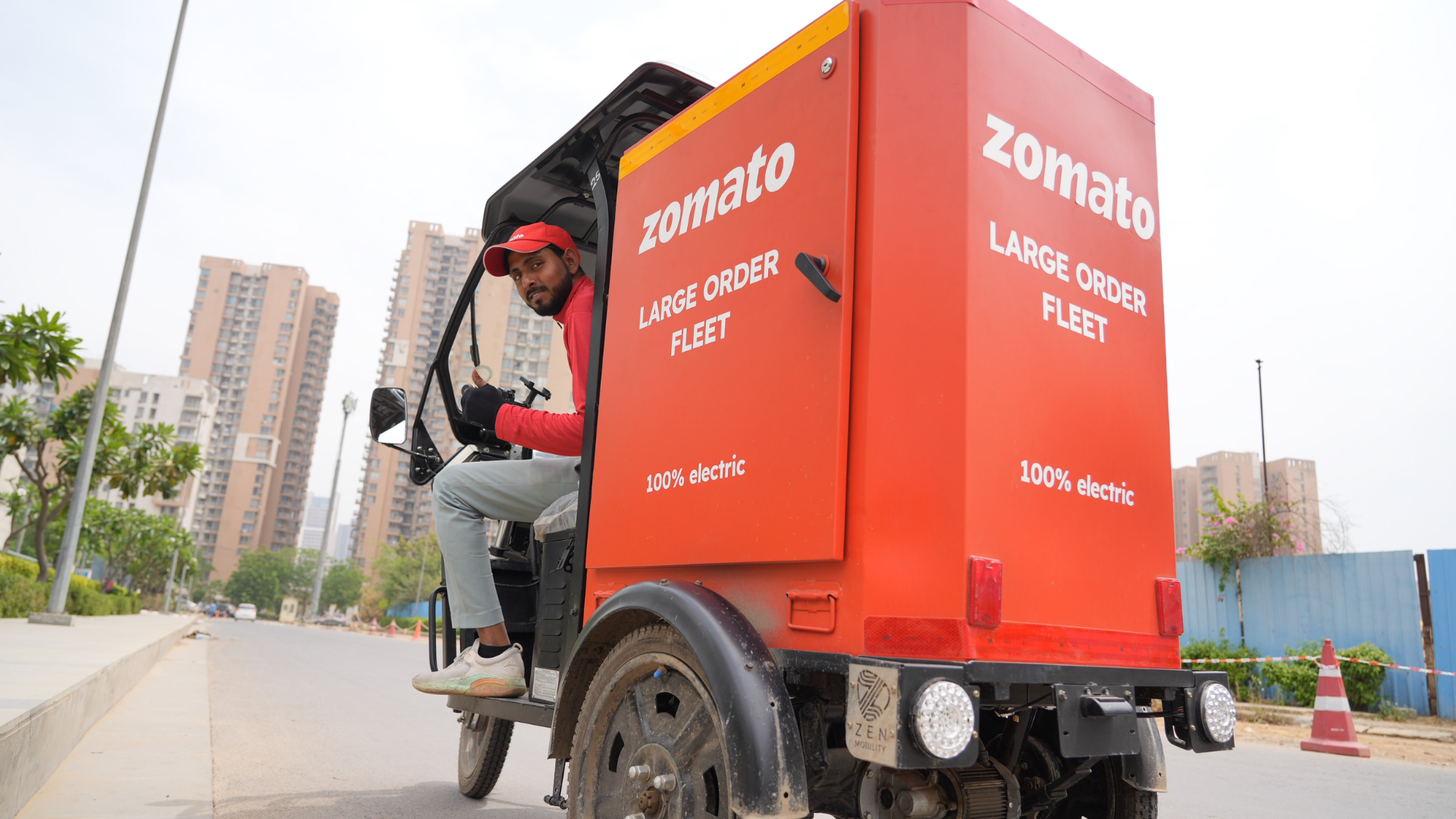
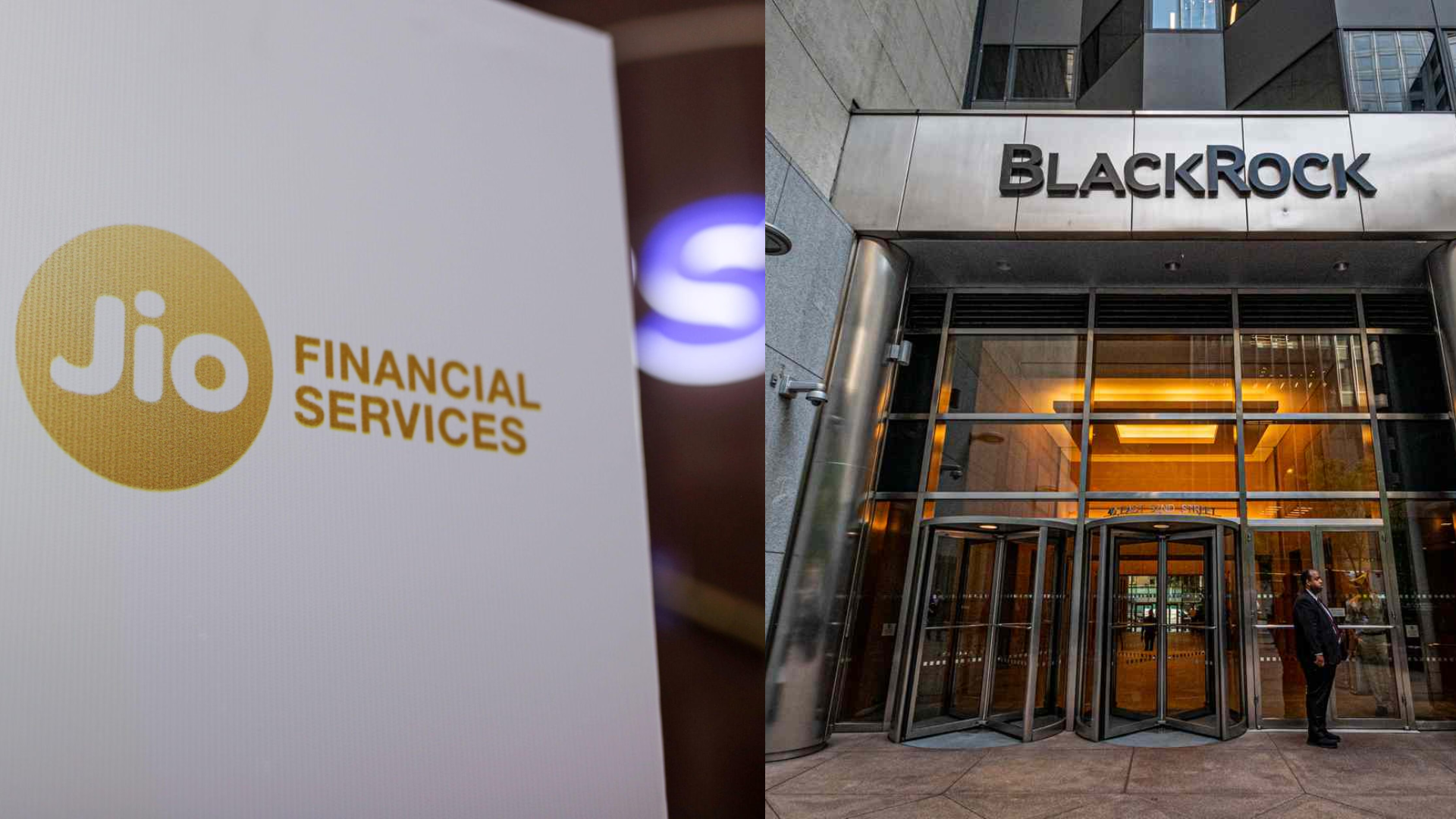

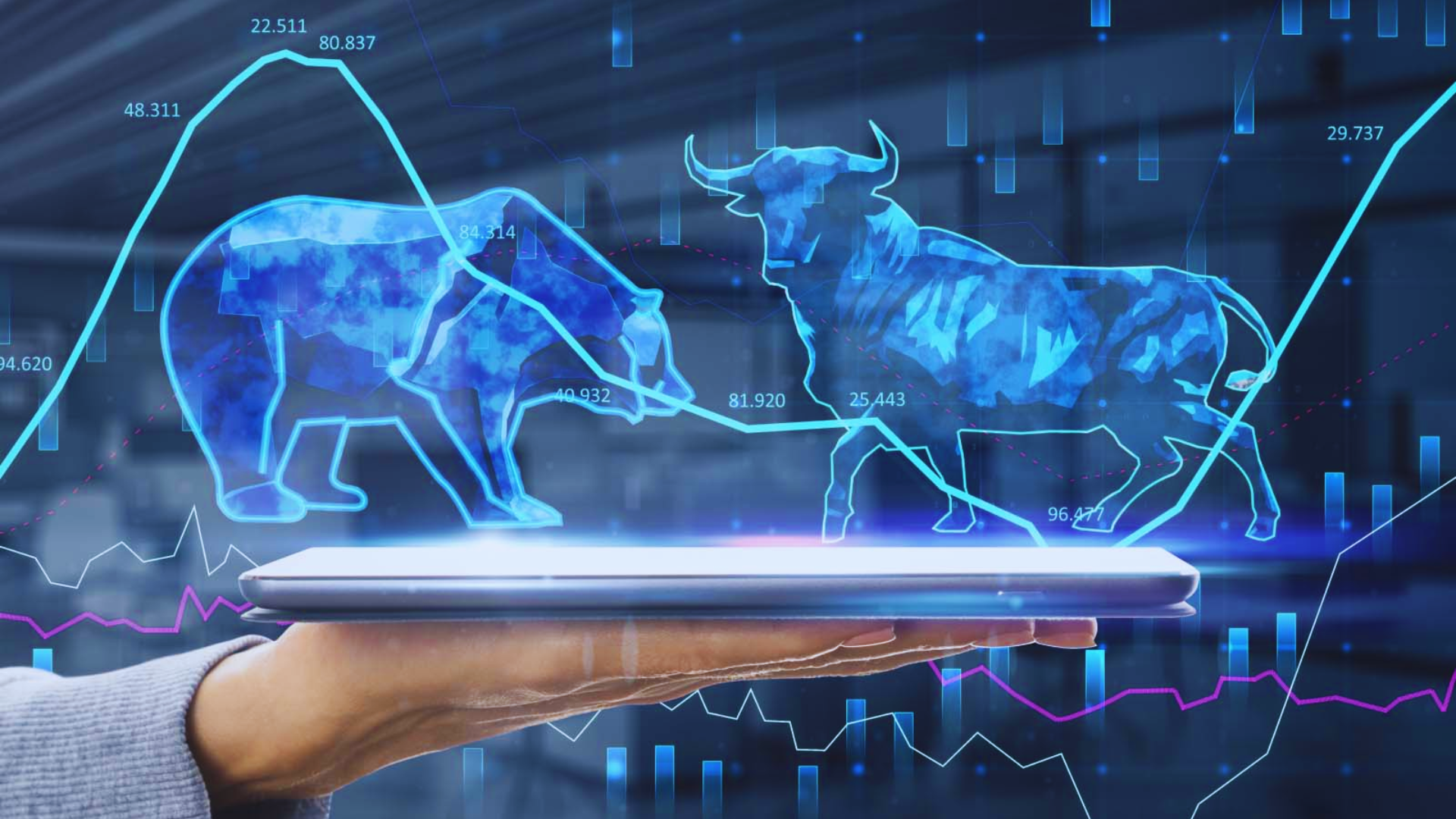
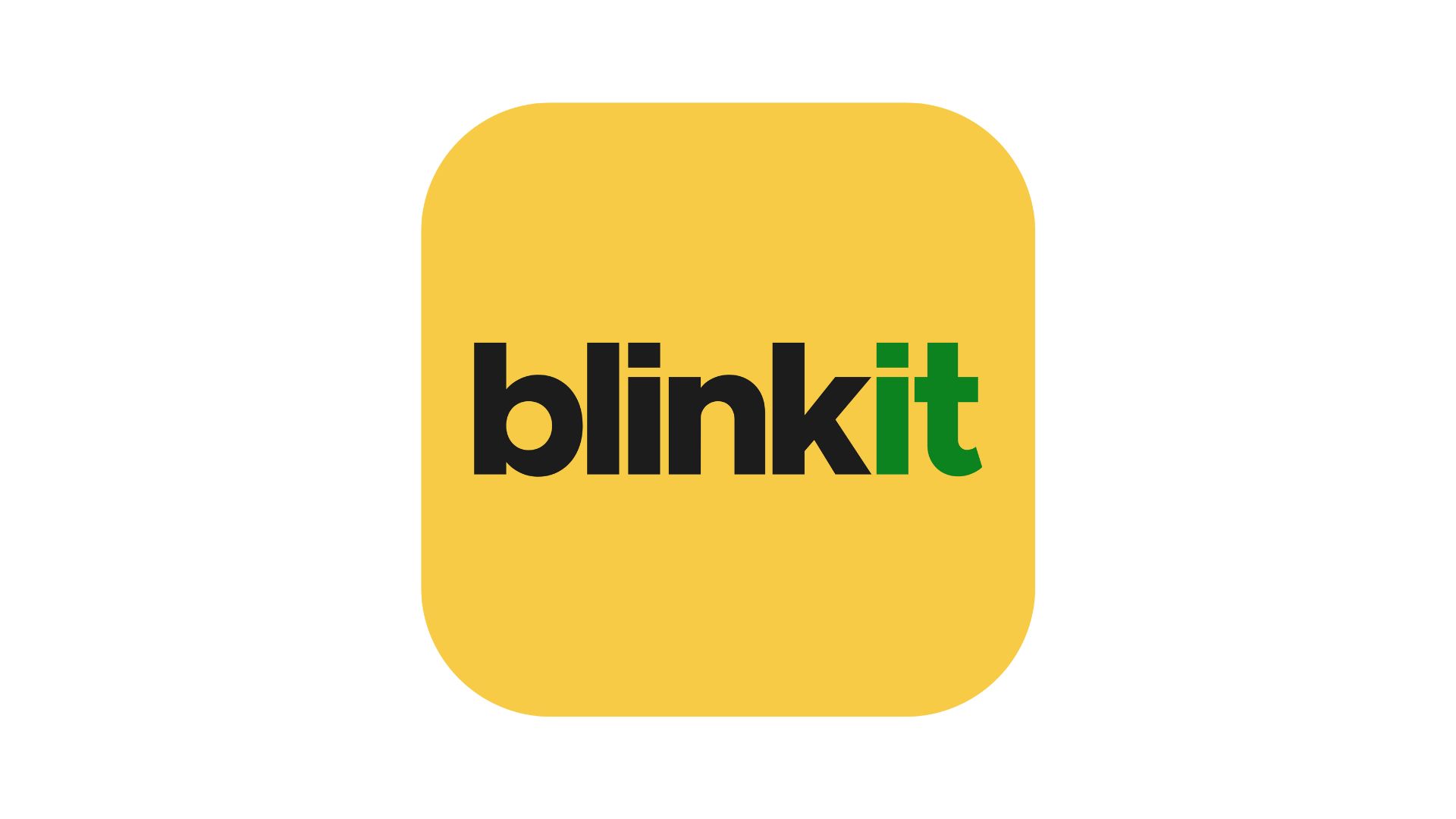
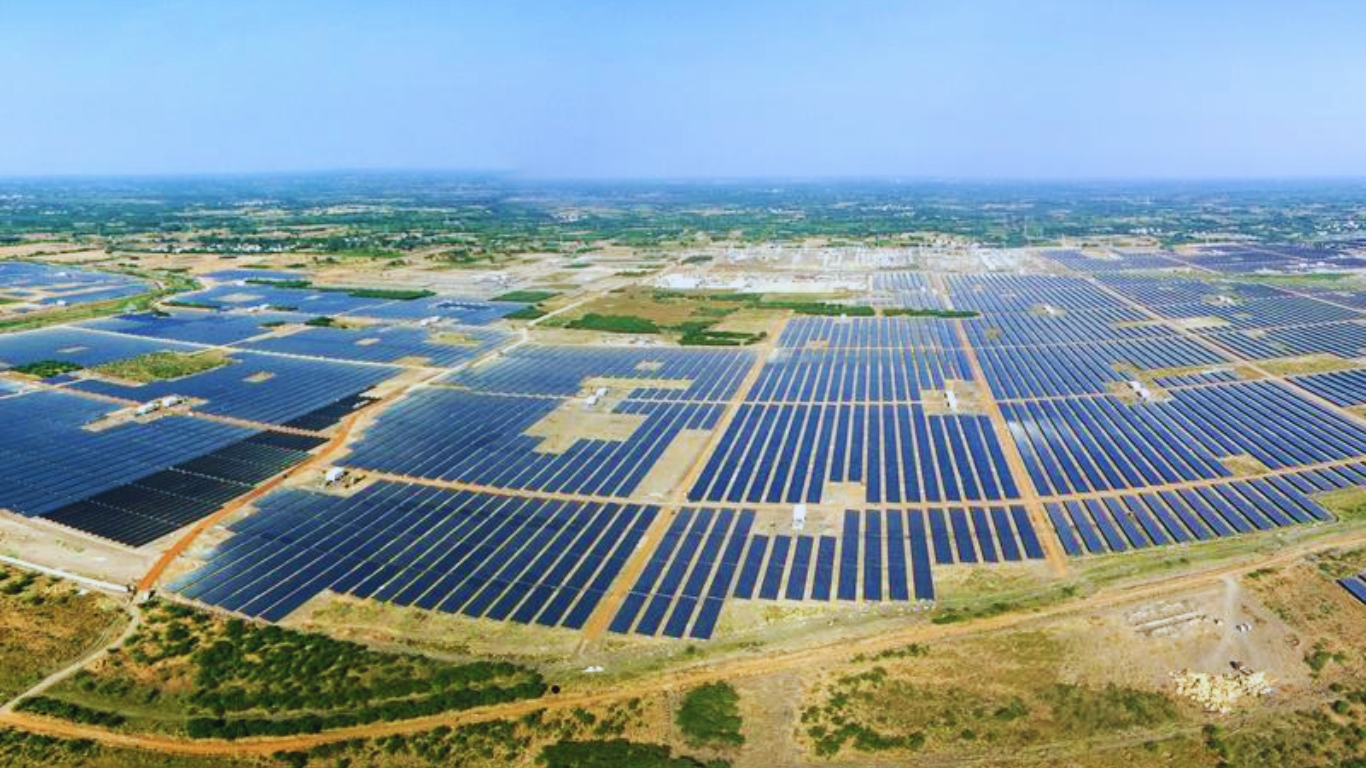
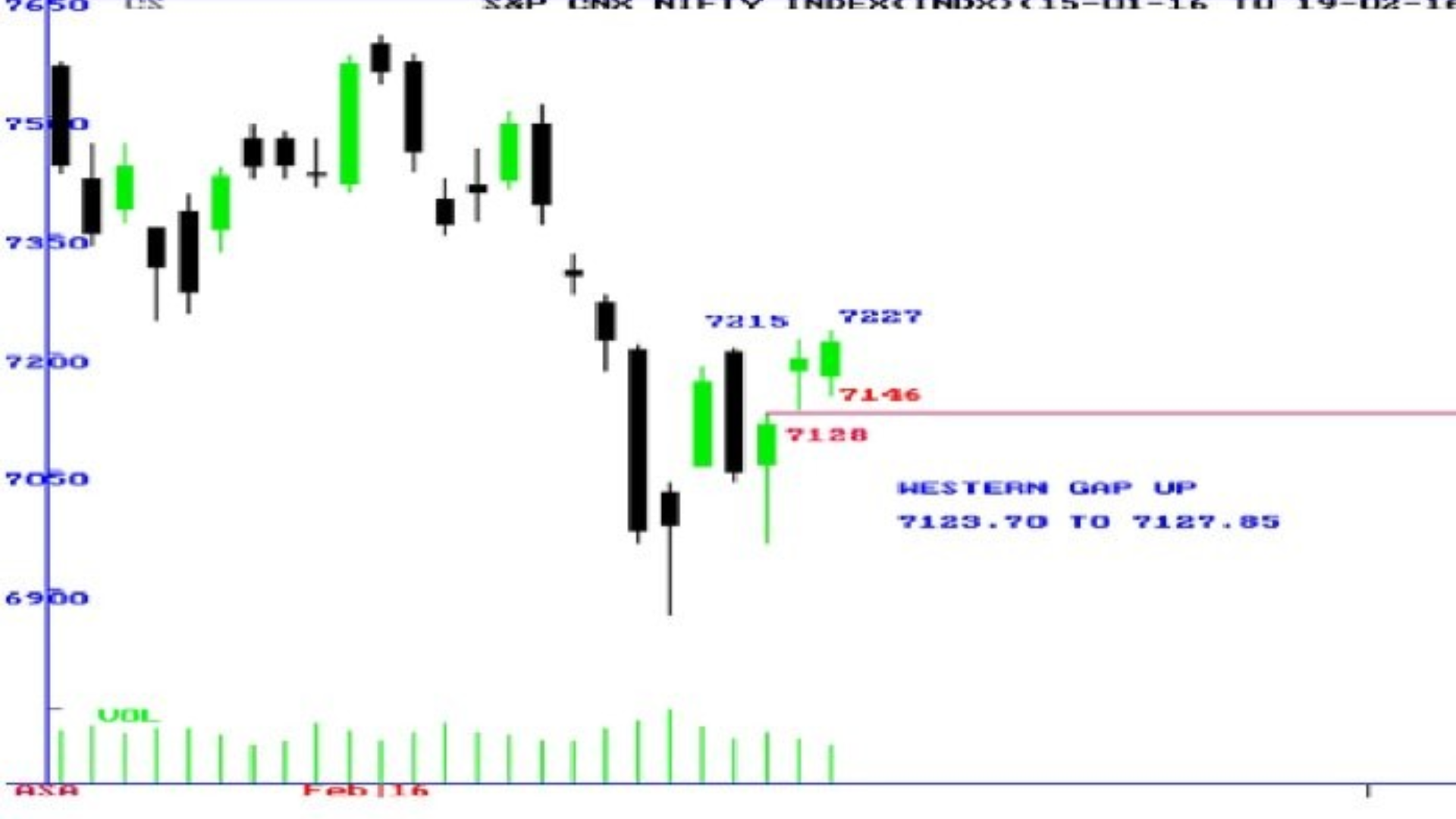

Plastics For Change (PFC), a renowned global leader dedicated to tackling plastic pollution and improving the livelihoods of informal waste pickers, is pleased to announce its attainment of B Corp certification. Furthermore, it proudly stands as the world’s first organization to be awarded both Social + OBP (Ocean Bound Plastic) Certification.
The primary obstacle for brands when shifting away from virgin plastic lies in guaranteeing human rights adherence throughout the supply chain. As per the PEW Charitable Trust, approximately 58% of all plastic collected for recycling worldwide is sourced from the informal waste sector. An estimated 15 million informal waste workers gather these plastics within supply chains that lack regulation and fail to comply with the latest human rights legislation.
Under the new legislation, companies need to develop supply chain strategies to comply with the Corporate Sustainability Due Diligence Directive (CSDDD), European Sustainability Reporting Standards (ESRS), Corporate Sustainability Reporting Directive (CSRD), and the Green Claims Directive. In order to adhere to these regulations, brands are required to furnish data and undergo third-party verification of their sustainability assertions.

